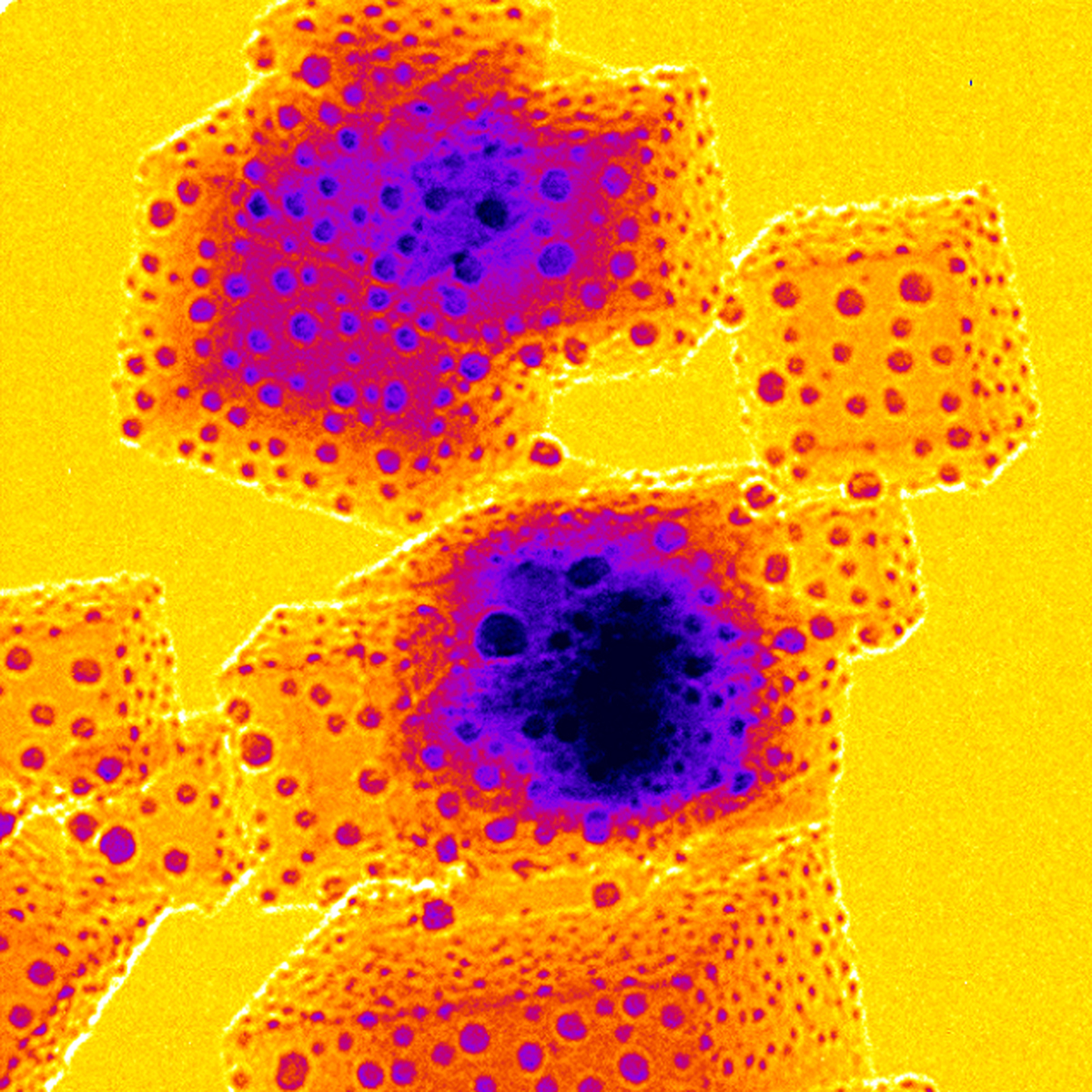
Magnesium is definitely one of the most important minerals in our body. It participates in over 350 biochemical reactions. Some of these are digestion of food, production of energy and muscle contraction. The mineral additionally plays significant role in maintaining health of the heart, kidneys, adrenal glands as well as the entire central nervous system. Magnesium is present in bones, teeth and erythrocytes. Additionally, it is confirmed that this mineral activates more enzyme systems compared to both iron and zinc.
Magnesium deficiency is a condition that rarely takes place but is possible to occur. The initial symptoms of the deficiency are fairly subtle usually in the form of leg cramps, foot pain or fasciculations (small, involuntary muscle contractions). Migraines and headaches may also occur.
Contrary to popular belief magnesium deficiency is relatively common and many times remains undetected. Left untreated, persistent lack of magnesium eventually leads to irreversible damage or may be even fatal.
What is Magnesium Oxide?
Magnesium oxide is a supplement recommended in individuals suffering from magnesium deficiency. It provides with optimal amounts of magnesium and maintains adequate level of the mineral in the body. The essential role of the supplement is to restore normal function of the muscles and nerves, both of which are most affected by magnesium deficiency.
Prior to being prescribed with magnesium oxide patients are due to inform their health care provider about all the drugs they are currently taking and those which are taken on a regular basis. What is more, allergies should be reported, especially allergies to medications. It is of equal importance to report all herbal supplements that are taken on a regular basis since even these might interfere with absorption of the magnesium.
Normally, it is never advised to take magnesium oxide before consulting a medical expert. Patients with kidney disease should be especially cautious if opting for this supplement because of the nature of their disease.
One more precautionary measure refers to pregnant women and those planning to conceive. Namely they are due to consult their health care provider prior to taking magnesium oxide. It is still not determined whenever there is any damage associated with taking this supplement and nursing. Therefore, even nursing mothers should stay away from the supplement unless told otherwise.
Magnesium oxide is supposed to be taken according to doctor's recommendations or one may simply follow directions available in the package. Any misunderstanding is easily dealt with after consultation with a pharmacist, nurse or doctor. One should never exceed the recommended dose or use the product contrary to given instruction. The supplement should be stored at room temperature and kept away from both heat and moist.
Both tablets and capsules of magnesium oxide are taken with a full glass of water while the liquid form needs to be properly dosed in advance with the assistance of a dose-measuring cup or spoon.
Even though missing a dose may occur the one should skip the dose if the time for the next one has arrived and continue taking magnesium oxide as recommended. Now, one should never double the dose in order to compensate for the missed one. This will only precipitate overdose. Magnesium overdose is a serious medical issue characterized by nausea, vomiting and flushing. Patients additionally feel drowsy, their blood sugar rapidly droops and they suffer from bradycardia (slow heart rate, below 60 beats per minute). In most severe cases of magnesium overdose patients end up in a coma or even die.
And finally, there is no need for one to change his/her dietary habits i.e. he/she may continue consuming all the foods and beverages without any restrictions. However, modesty in consumption of any food is of utmost importance for staying healthy and maintaining optimal weight.
Side Effects of Magnesium Oxide
First of all, discontinuation of magnesium oxide is a must in case of any allergic reaction. Breathing difficulties, closing of the throat due to swelling of the mucous membrane, swelling of the lips, tongue or face as well as hives are all allergic reactions which apart from supplement discontinuation require prompt medical attention.
Leaving allergies, the most severe and even life-threatening adverse effects of magnesium oxide aside people who take magnesium oxide may experience several more side effects. For instance, diarrhea is commonly reported complaint associated with intake of the product. There is also a chance of stomach upset. In extreme case magnesium oxide can precipitate paralytic ileus.
Overdose leads to hypermagnesemia. Mild hypermagnesemia is easy to overcome. However, if it becomes moderate or severe, it will reflect on the nervous and cardiovascular systems. Adverse effects related to the nervous system are a consequence of the suppression of neuromuscular transmission in the central nervous system. Cardiovascular problems occur in the form of hypotension and bradyarrhythmias. If the affected individuals additionally suffer from hypocalcaemia, the resulting medical problems become even worse.
Fortunately, magnesium oxide toxicity as well as adverse effects to the supplement are not frequent and the product is in general well-tolerated.

















Your thoughts on this
Loading...